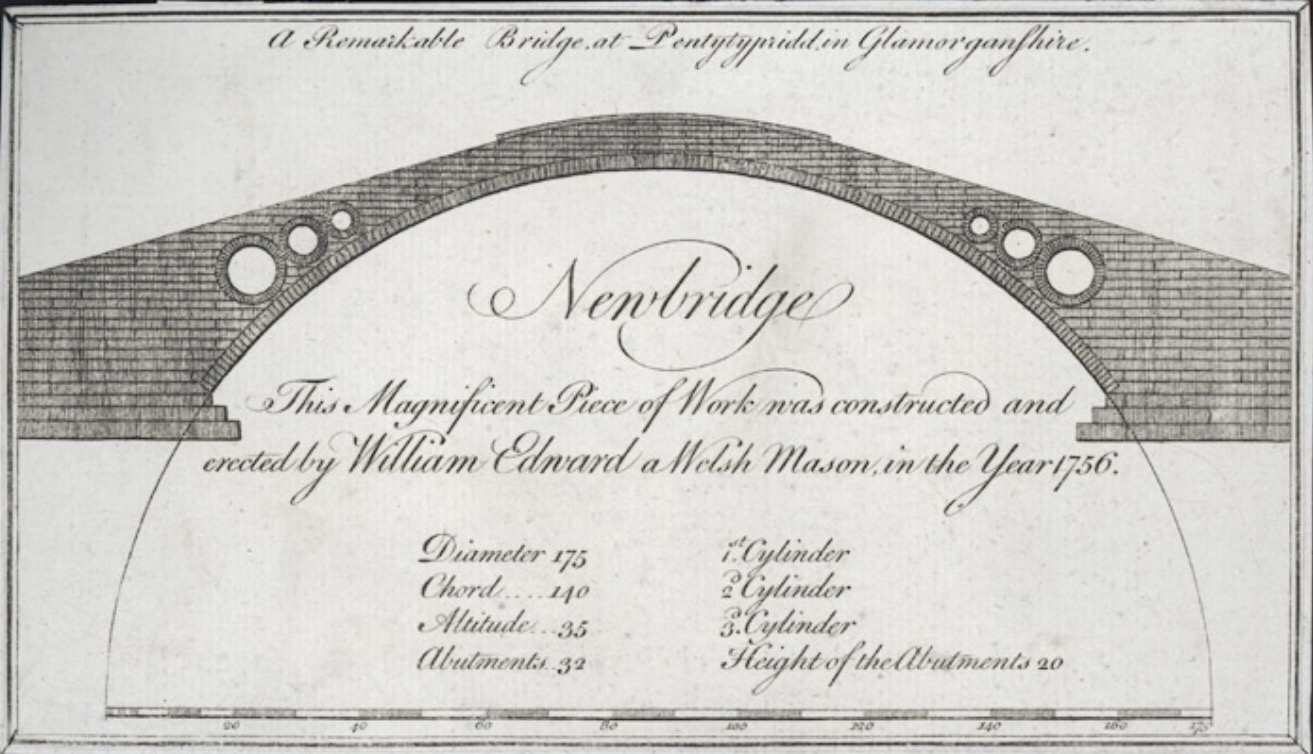
Why don’t you sleep on it… and the answer will be there in the morning. It’s one of those annoyingly wholesome bits of advice my Wife frequently gives me. And I accept. Maybe not always as graciously as I should…
But the advice works, and generally I end up with my thoughts in a better place. So what is going on?
‘Sleeping on it’ could be one way to solve impossible problems. However, imagine suggesting that in the average organisation, “we all need a quick snooze to solve this problem.” I don’t think so…
Obliquity and Oblique Strategies. For this sort of idea to ‘fly’ in organisations I’d suggest it needs an impressive name. This is where Obliquity and Oblique Strategies come in. There’s nothing ‘undersold’ about those words.
Oblique Strategies is actually the name of a deck of cards developed by Brian Eno (yes that one) and Peter Schmidt in 1975. The idea was that the cards helped overcame writers block and encouraged creativity.
I have written about them previously (link here) but what was really interesting were the responses. Matt Wyatt summed it up beautifully explaining that the essence of Oblique Strategies through cognitive science. Its all to do with System 1 and System 2 thinking. The Oblique Strategy cards just disrupt that.
Quoting Matt “The cards are simply a method of reframing the usual patterns set up in your brain. The ambiguous phrases increase the cognitive load, so your brain has to look for all kinds of connections and literally opens your mind!“
In terms of finding a solution to an impossible problem (eg writers block) that makes sense.
Obliquity is another angle on the same theme. Also the title of a book by Economist John Kay: Obliquity. Why our goals are best achieved indirectly.
In the spirit of obliquity (possibly) I’ve read most of the reviews on Amazon rather than the actual book. What I’m taking from this is that not focussing on the actual problem (i.e. coming at it from another angle) gets you a result that works.
It’s all interesting stuff and fits with a conversations I’ve had with Dave Snowden over the years. Some things are complex or too difficult to resolve by confronting them ‘head on’. An oblique approach is far better at finding a way forward.
I’d personally put parenting teenagers in this space, and a long car journey together, side by side as one method of getting into that space. Here’s a link to material from Dave explaining how to organise a party for your teenagers. The point on obliquity shines through.
What has this got to do with Cake and Pie? Please excuse the self indulgence, but I do love lots of the dialogue in Men in Black films.
Its the usual situation. Agent J (Will Smith) and Agent K (young Tommy Lee Jones) have an impossible problem…
Agent K: “We need pie. My Grandaddy said that when you’ve got a problem you can’t solve, you need to get out of your head.”
Agent J: “We’ve been doing smart stuff. Following clues, doing real police work. It might be time to do something stupid. Something that got nothing to do with nothing. Let’s get some dumb-ass pie”
While eating the pie…
Agent K: “The pie don’t work unless you let it. Ask me any question as long as it’s nothing to do with the case…”
Inevitably, during the following random conversation, the ‘answer’ emerges. Here’s a link to the scene:
Reflecting on my own oblique approaches I’ve got some examples:
- Sleeping on it. A favourite. Approved by my wife, but unlikely to work in an everyday organisational context.
- Oblique Strategies Card Deck. Something I’ve dabbled in. Again, not always welcome in an organisational context. I also worry I’ll end up regurgitating Coldplay lyrics.
- Going for a walk in the park. In a previous job I used walk in the park with colleagues (Agents D & E). We solved most of our impossible work (and other) problems that way. I miss that and really need to find away to do it again.
So, what’s the PONT?
- Confronting difficult things ‘head on’ often doesn’t yield the best results. Some things are better approached from a different (oblique) angle.
- There’s plenty of evidence that widening the scope of your thinking (opening your mind) does allow for alternative options to emerge.
- Methods of ‘reaching obliquity’ vary. It might not be acceptable to; eat pie, have a snooze or get out the Oblique Strategies card, but ‘going for a walk to clear your head’ might be acceptable. You can also play the health and wellbeing card.
Picture: Mine. Possibly a pie, tart, cake or flan? Terra Nova Cafe, Roath Park Cardiff.

Leave a comment